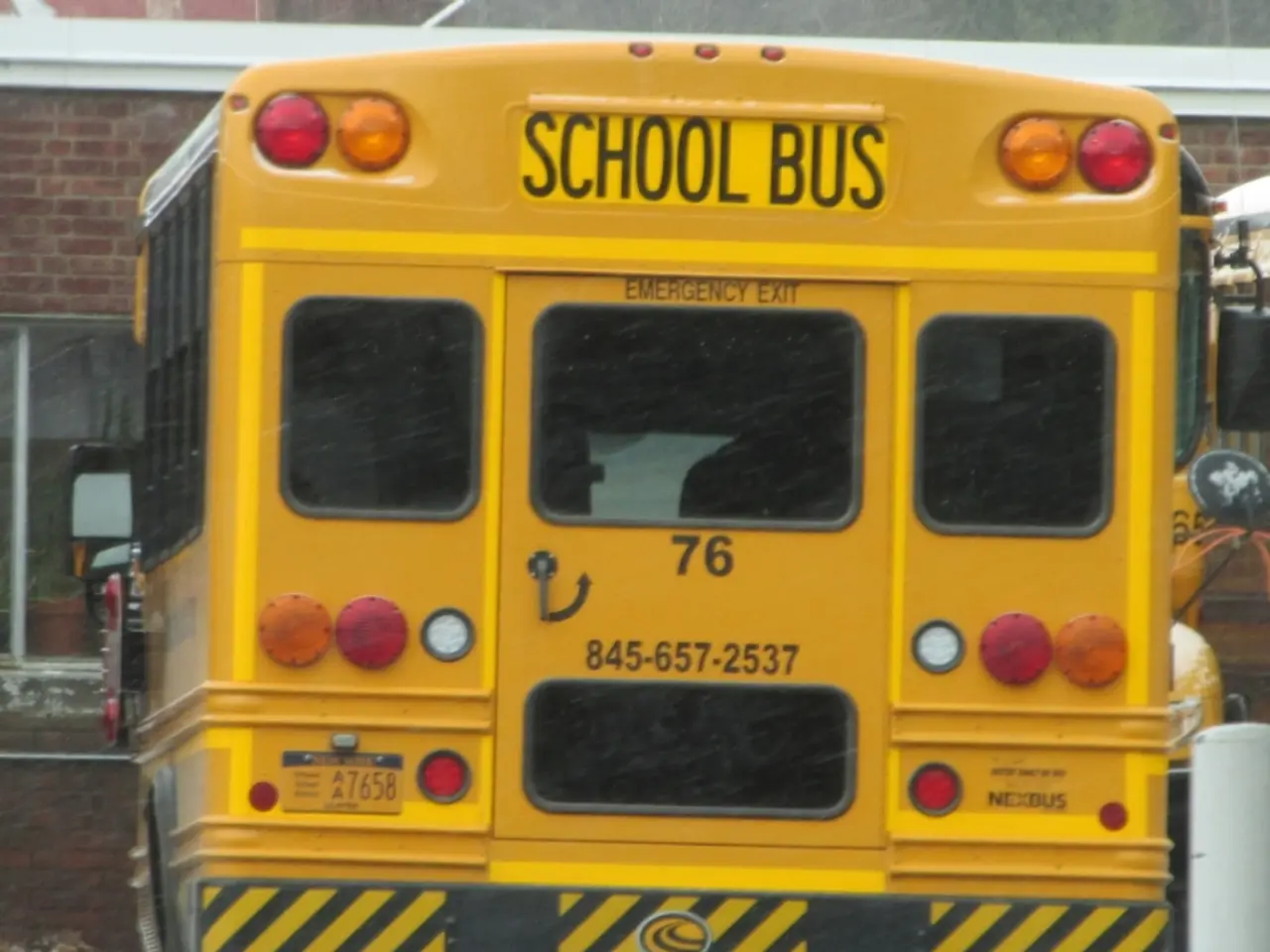Impact of Bank Collapse on Educational Institutions
Silicon Valley Bank's Collapse Sparks Concerns and Changes
In a surprising turn of events, Silicon Valley Bank (SVB), a financial institution primarily serving the tech industry, has faced a significant crisis. The bank, which lends money to startups and tech companies and provides financial services to them, has seen a massive withdrawal of funds, amounting to $42 billion on a single day. This rapid withdrawal has left the bank with a negative $1 billion deficit.
The cause of this "twitter-fueled bank run" is attributed to three main factors: a self-fulfilling prophecy, concerns about the value of SVB's assets, and withdrawals due to a worsening venture capitalist investment situation. These worries, fuelled by viral panic on social media platforms and private chat groups, have led to a wave of customers seeking to withdraw their funds.
Peter Thiel, a prominent startup investor, advised companies to pull their money from SVB amid concerns for financial instability. Noah Smith, an economics journalist and blogger, described SVB as a bank that lends to startups and tech companies and provides financial services to them.
Despite being FDIC-certified, many accounts held at the bank had more funds than the $250,000 insured by the FDIC. As a result, the government could not cover the funds in accounts exceeding the FDIC insurance limit at SVB. This situation has raised concerns about the security of regional banks, with regulatory attention turning towards the sector.
The impact of SVB's collapse is far-reaching. A large number of education companies were potentially unable to make payroll this week without the federal government's intervention. Telehealth companies were also worried they wouldn't be able to make payroll for doctors and therapists. The inability to access funds could have impacted more than 15% of Massachusetts public charter schools, affecting over 9,247 public school students.
However, it remains unclear how much more flight there will be from regional banks to the "too big to fail" institutions. The event could lead to an increase in deposits being transferred to these institutions perceived as safer, as customers seek more stability and protection for their funds.
On the other hand, First Citizens BancShares is considering an offer for SVB, according to Bloomberg. The FDIC is seeking buyers for SVB, hoping to split the bank in two. The regulatory body aims to find a solution that minimises the impact on the banking sector and the affected businesses.
As the dust settles, it is essential for individuals and businesses to approach information about the stability of banks with caution. The era of wildfire rumors necessitates careful evaluation and prudent decision-making when it comes to financial institutions. It is a reminder that while regional banks play a crucial role in supporting specific industries, they are not immune to the ebbs and flows of the financial market.
Read also:
- Latest Principal Information Bureau Announcements on 12-09-2025
- Farewell uttered to the elderly Berlin rent activist, aged 85, by his companions.
- Energy Efficiency in Housing: Implementing Gender-Targeted Strategies for a Sustainable Future (Part 2)
- Insurance firms confronting a "climate predicament": finding viable solutions








